
Amnesty International Says States Block Justice
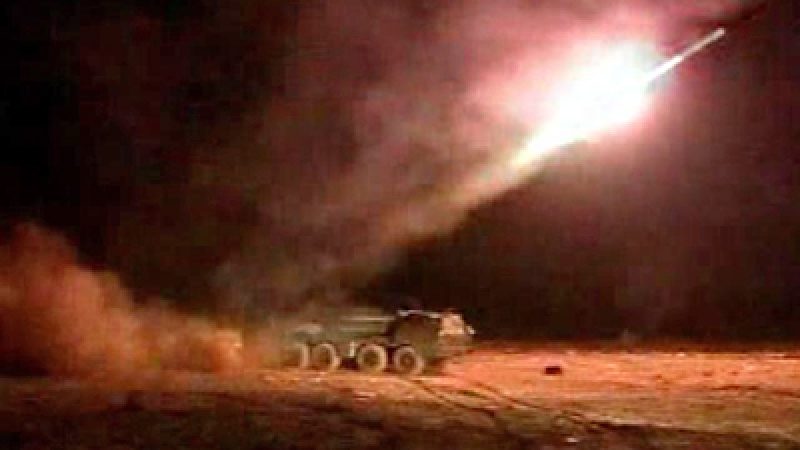
For Dr. Kasippillai Manoharan, Amnesty International’s annual human right’s report, is more than just words.
He escaped Sri Lanka’s bloody civil war that saw thousands killed – including his son.
[Dr. Kasippillai Manoharan, Grieving Father]:
„I have lost my son. I have lost my motherland. So I am like an alien living in another land, another country. I feel really sad.“
But justice for Manoharan might be far off, says Amnesty.
They accuse power political powers for blocking investigations not just in Sri Lanka but around the world.
[Claudio Cordone, AI Interim Secretary General]:
„Powerful governments, despite their rhetoric – they often speak about the importance of human rights and fighting impunity – and when it comes to the crunch then they actually apply double standards. So for example, we’ve seen in Sri Lanka that despite growing evidence of serious crimes by both the government and the Tamil Tigers, there’s been no meassure of accountability. The ones adjusted by the president of Sri Lanka’s a few weeks ago will not deliver justice. We need an international commission of inquiry. “
Amnesty singled out China in the United Nations, for paralysing the Sri Lankan investigation.
But they didn’t stop there.
They also slammed the African Union for not turning over Sudanese President Omar Hassan al-Bashir.
He is wanted by the International Criminal Court for war crimes that took place in Darfur.
The 2008 Gaza war also drew criticism from Amnesty.
They back the UN Human Rights Council’s Goldstone Report and want Israel and Hamas made accountable.
Amnesty says they have seen progress in the past 20 years like the creation of the ICC.
But says the powerful G20 states need to sign up to it and set an example to the rest of the World.
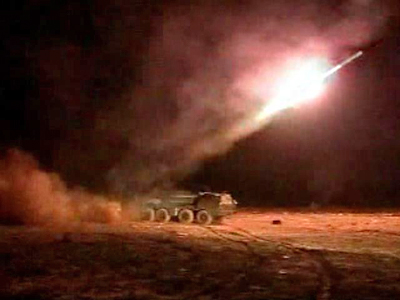 Foto: NTDTV
Foto: NTDTV


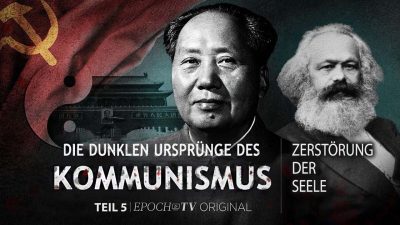
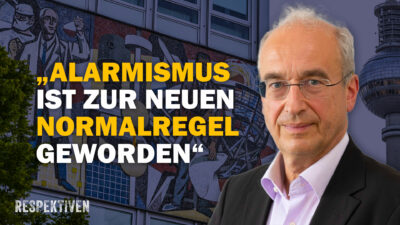
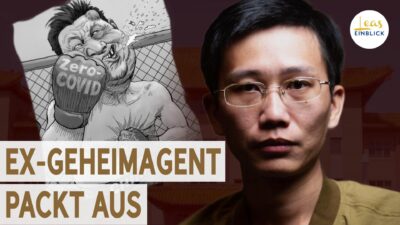





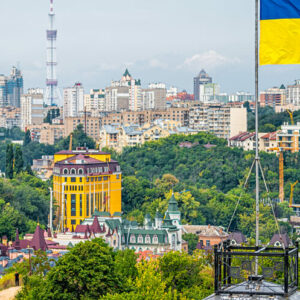
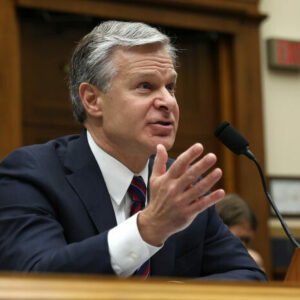




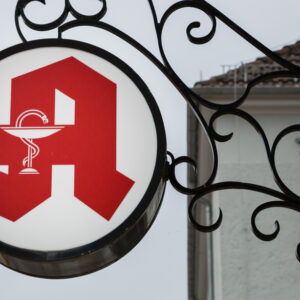


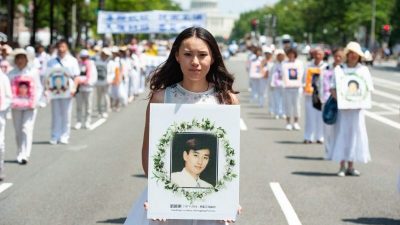
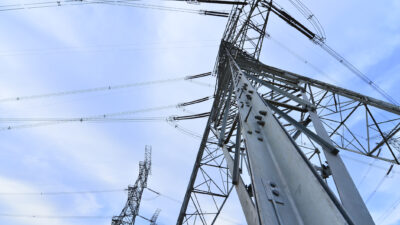


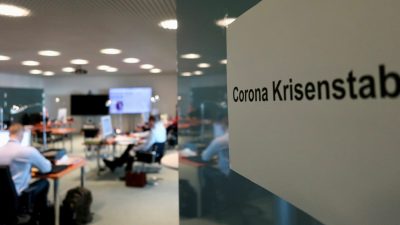



vielen Dank, dass Sie unseren Kommentar-Bereich nutzen.
Bitte verzichten Sie auf Unterstellungen, Schimpfworte, aggressive Formulierungen und Werbe-Links. Solche Kommentare werden wir nicht veröffentlichen. Dies umfasst ebenso abschweifende Kommentare, die keinen konkreten Bezug zum jeweiligen Artikel haben. Viele Kommentare waren bisher schon anregend und auf die Themen bezogen. Wir bitten Sie um eine Qualität, die den Artikeln entspricht, so haben wir alle etwas davon.
Da wir die Verantwortung für jeden veröffentlichten Kommentar tragen, geben wir Kommentare erst nach einer Prüfung frei. Je nach Aufkommen kann es deswegen zu zeitlichen Verzögerungen kommen.
Ihre Epoch Times - Redaktion